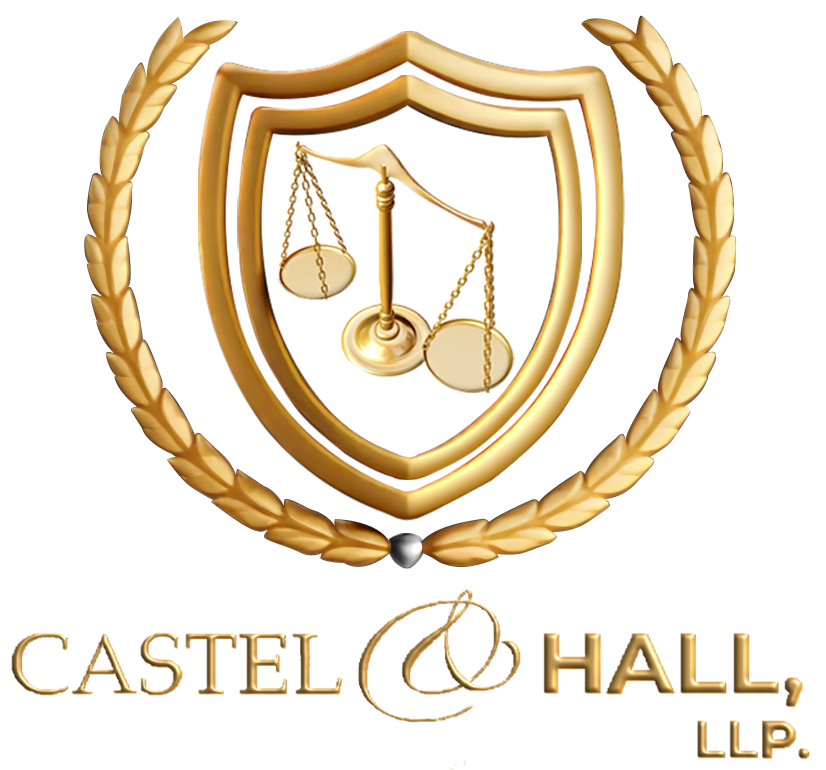arson defense attorney
protecting your rights from investigation to trial
Serious fire allegations need a serious defense
Arson investigations in Massachusetts move fast—often led by local fire marshals and state police units from Boston to Worcester and Middlesex County. If you’re accused of willfully burning a home, business, vehicle, or other property, Castel & Hall LLP steps in immediately to protect you from interviews, search requests, and early mistakes. Our team builds a targeted strategy grounded in criminal defense, challenging cause-and-origin claims and keeping your statement rights front and
What the Commonwealth must prove—and what you’re facing
Massachusetts distinguishes burning a dwelling from burning other property, and penalties can include lengthy state prison terms, fines, probation, restitution, and collateral consequences like housing and employment barriers. Prosecutors may also pursue related charges (e.g., conspiracy, attempted fraud). If the fire is tied to a building open to the public—from a three-decker in Dorchester to a storefront in Framingham—exposure charges can increase risk. We explain the elements, sentencing exposure, and defenses before you ever step into court, and we encourage you to
contact us promptly if investigators reach out.
Arson Defense Lawyers – FAQ
What makes arson different from an accidental fire?
Arson requires proof of willful and malicious burning. Cause-and-origin opinions—often guided by NFPA 921—are technical and frequently disputed. Misinterpretation of burn patterns or “accelerant” indicators can lead to wrongful charges.
Can investigators use a dog’s alert to prove accelerants?
Accelerant-detection canines are investigative tools, not proof by themselves. Courts usually require lab confirmation, and contamination or improper handling can undermine reliability.
Is there a separate crime for insurance-related arson?
Yes. Alleged fires set for insurance proceeds can trigger additional fraud counts. Financial records, motive theories, and expert accounting become central—along with strict scrutiny of any claim-file statements you made.
Do I have to speak with the state fire marshal or insurer’s investigator?
No. Statements to investigators or adjusters can be used against you. Have counsel interface with both government and insurance personnel and control the flow of documents and inspections.
What if the fire started in a multi-unit building—can I be blamed for neighbors’ losses?
Civil exposure (wrongful death, property damage) can accompany criminal allegations. Defense strategy must anticipate both, including preserving the scene, engaging independent experts, and managing insurer subrogation claims.
Can old electrical issues or appliance recalls help my defense?
Absolutely. Alternate-cause evidence—from faulty wiring to recalled devices—can create reasonable doubt and shift liability in civil suits. Early inspection and product-history research are critical.
What if the lab says an accelerant was found?
Challenge chain of custody, sampling methodology, lab validation, and interpretation. Human-caused contamination and mislabeling happen more than people think.
How long can the Commonwealth wait to charge arson?
Felony statutes of limitation generally allow years to file, and tolling doctrines can extend the period. Don’t assume “too much time passed” is a defense—get a legal review.
Can the federal government also charge me?
Yes, especially if interstate commerce or mail/insurance fraud is implicated. Coordinating parallel state and federal risks is a key role for your defense team.
No intent, misidentified origin, or unconstitutional searches
Intent is the core of arson. Accidental electrical fires, spontaneous combustion in storage areas, or an unknown ignition source can defeat the “willful and malicious” element. We retain independent fire experts to re-examine burn patterns, accelerant testing, and scene documentation. We challenge warrantless entries, defective affidavits, and chain-of-custody issues that can exclude evidence. When allegations overlap with theft or property damage, we coordinate with our property crimes team to ensure a unified approach.









